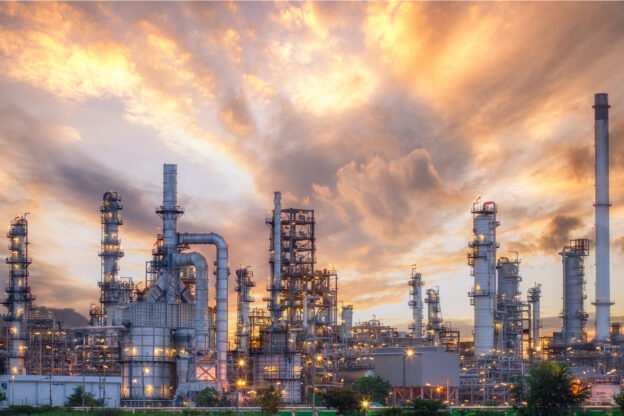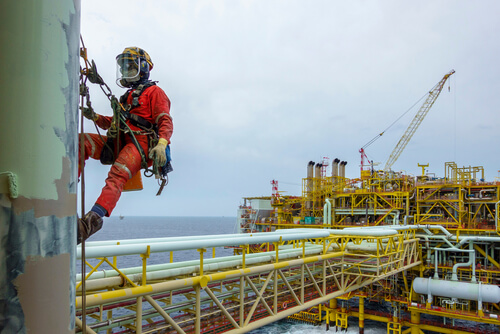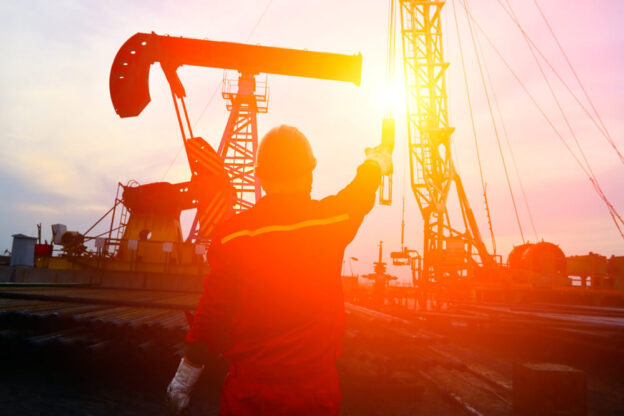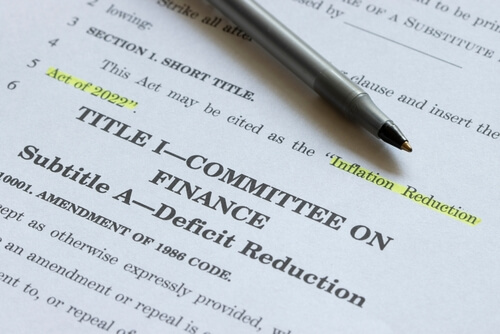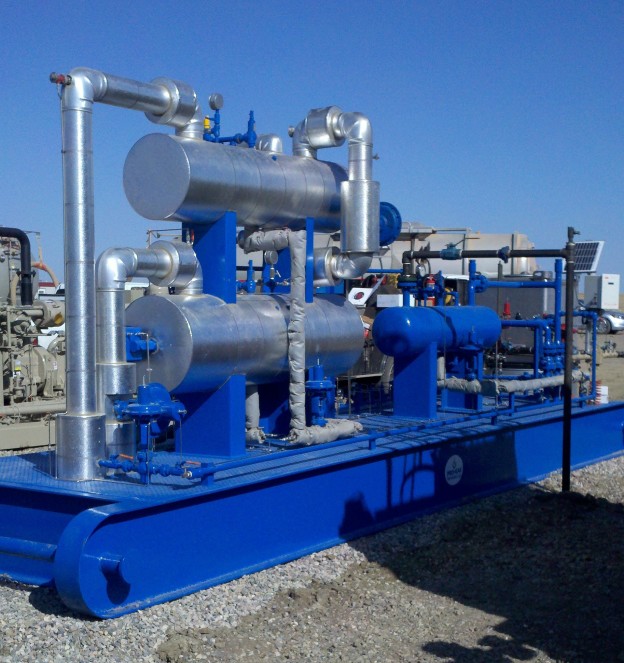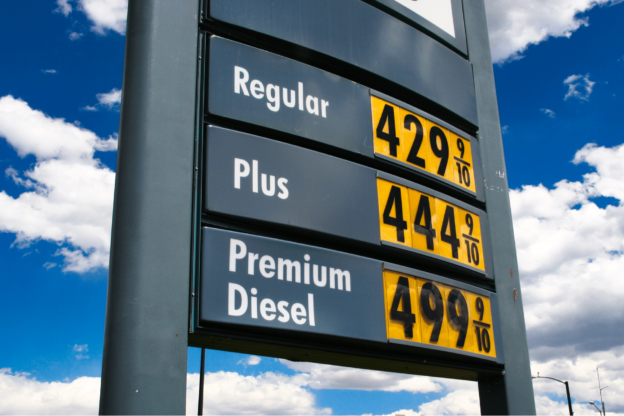Healthcare is not the first thing to come to mind when you think about the oil and gas industry. Most people think about gasoline for their cars or natural gas for their homes. The healthcare industry, however, is deeply intertwined with the oil and gas industry.
Healthcare and the Oil and Gas Industry
It is amazing how these two industries are intertwined. The first and most obvious connection is the need for gas to transport patients and for healthcare workers to use to get to work.
Further, many medical facilities also rely on natural gas or propane to operate equipment, including hospital food service equipment.
Most medical facilities also have backup generators to power their buildings in the event of a power outage.
Petroleum Provides for Patients
Beyond the operating needs of different medical facilities, the petroleum industry is also integrated into treating patients.
Latex gloves, medical tubes, adhesives, and some bandages are all petroleum-based products. Some medicines have petroleum products, and many disinfectants and cleaners that hospitals use are petroleum-based. Personal protection equipment and hand sanitizers are also petroleum-based products necessary in the healthcare industry.
Many people do not realize that artificial heart valves and many prosthetics are made from petroleum-based products. Some diagnostic equipment, including MRI machines, also have major parts that are made from petroleum-based materials.
Supply Chain Delays Impact More Than Gas Pumps
Disruptions in the supply chain for oil and gas products do more than cause pain at the gas pumps. These disruptions can have a severe impact on the healthcare industry. Medical facilities already experiencing high numbers of clients due to the recent pandemic may need the right equipment, supplies, or medications to avoid shortages or closures.
Politicians and industry leaders must consider petroleum-based products’ impact on the medical industry. Policies that reduce access to oil and gas can inhibit the quality of care people receive when they go to a medical facility for treatment.
Discover More Industry News and Information With Pro-Gas Services
Pro-Gas Services is a Dallas, Texas-based company that has been working in the oil and gas industry for decades. The company was founded by oil industry professionals that have nearly 100 years of experience in this industry.
Pro-Gas Services provides state-of-the-art gas production facility equipment that streamlines the process of producing natural gas liquids. Our equipment is designed to be portable to accommodate all oil and gas facilities. You can move the equipment anywhere that you need it in your facility.
Our dedication to customer service includes more than a friendly smile or an answer to your questions. We continually research this industry and seek out important new technologies that will help our clients prosper.
Pro-Gas Services is also very active in bringing current news to our clients about the oil and gas industries. Keeping informed about current events surrounding this industry will allow our clients to make informed decisions about their business.
When you need professional gas production equipment, you know that you can rely on Pro-Gas Services to provide you with state-of-the-art equipment at affordable prices.
Contact us today to learn more about our products and services.




